Back in early 2003, Tony Blair was keen to secure UN backing for a resolution that would authorise the use of force against Iraq. I was a linguist and analyst at GCHQ when, on 31 Jan 2003, I, along with dozens of others in GCHQ, received an email from a senior official at the National Security Agency. \
It said the agency was “mounting a surge particularly directed at the UN security council (UNSC) members”, and that it wanted “the whole gamut of information that could give US policymakers an edge in obtaining results favourable to US goals or to head off surprises”.
In other words, the US planned to use intercepted communications of the security council delegates. The focus of the “surge” was principally directed at the six swing nations then on the UNSC: Angola, Cameroon, Chile, Bulgaria, Guinea and Pakistan. The Chilcot report has eliminated any doubt that the goal of the war was regime change by military means. But that is what many people already suspected in 2003.

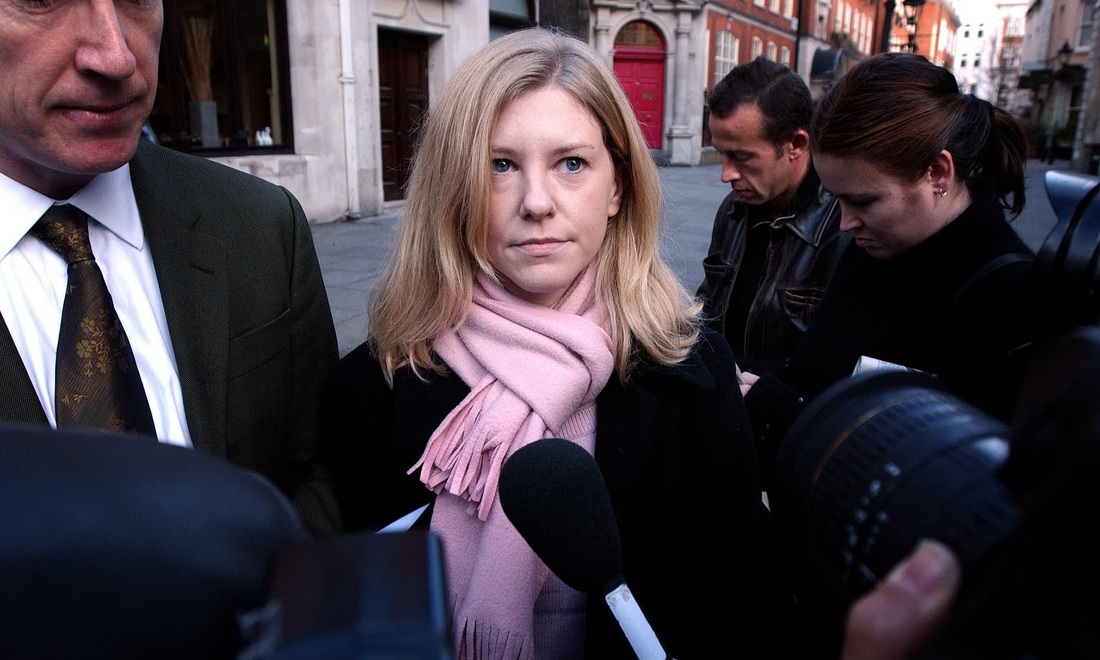
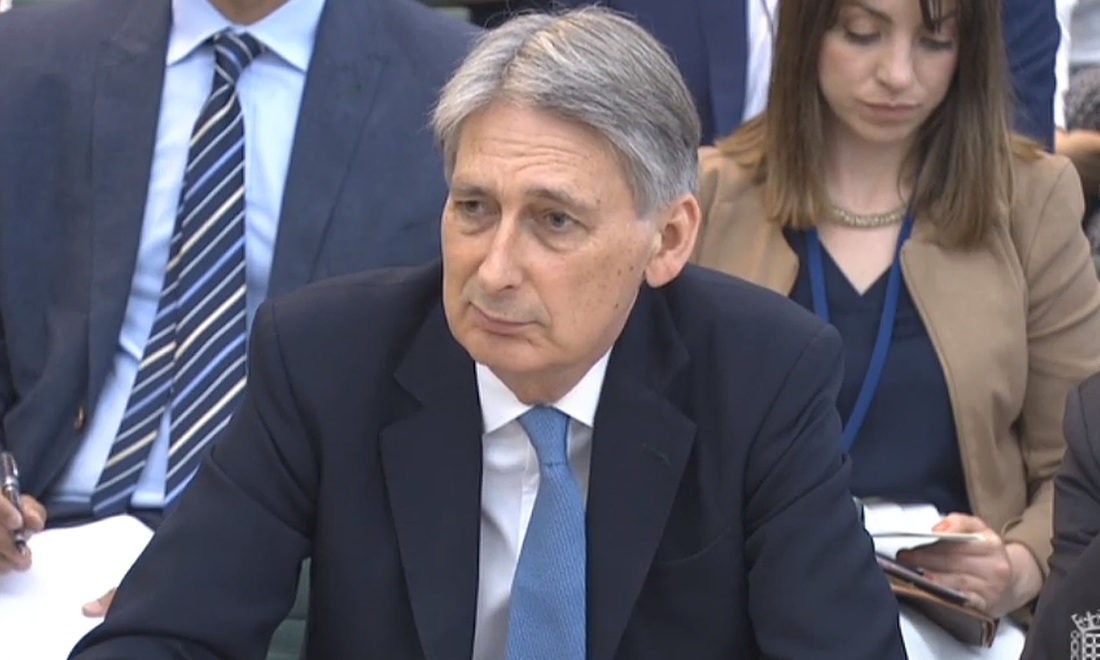
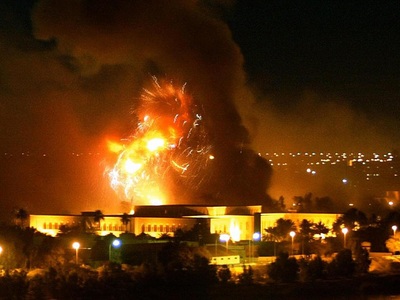
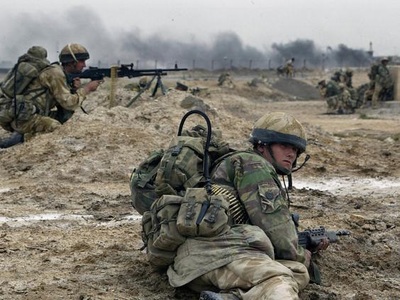
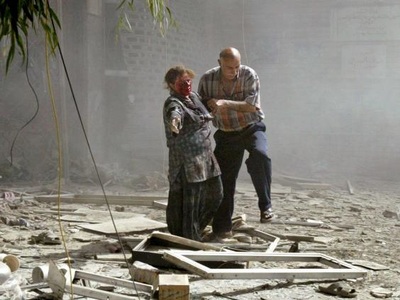
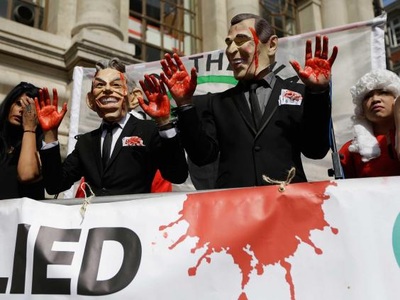
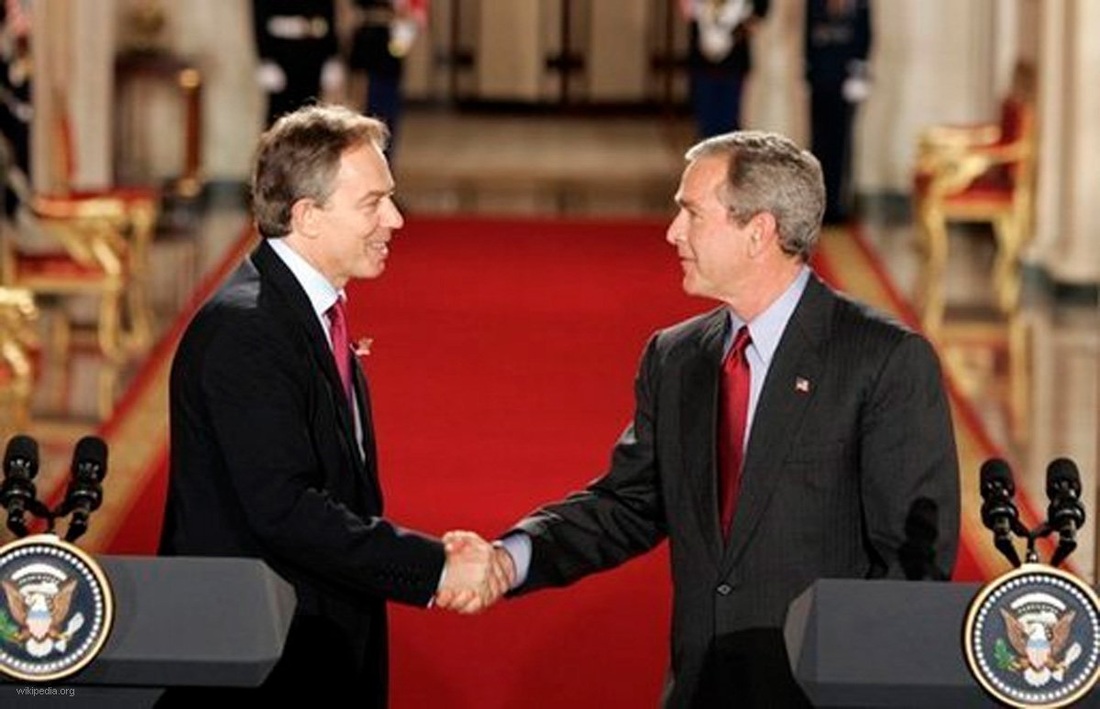
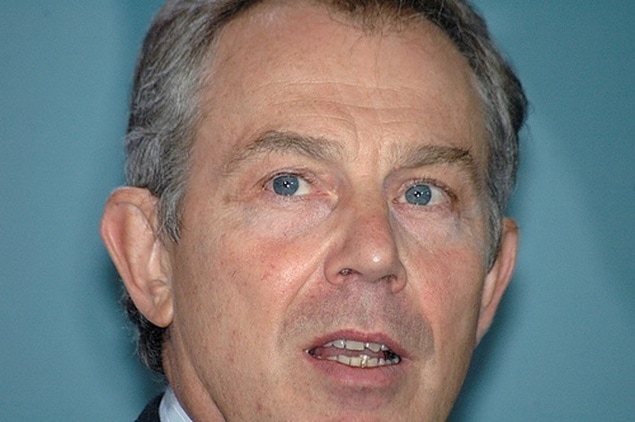
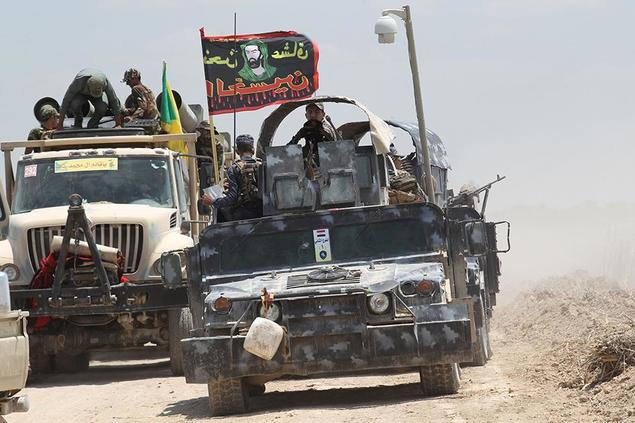
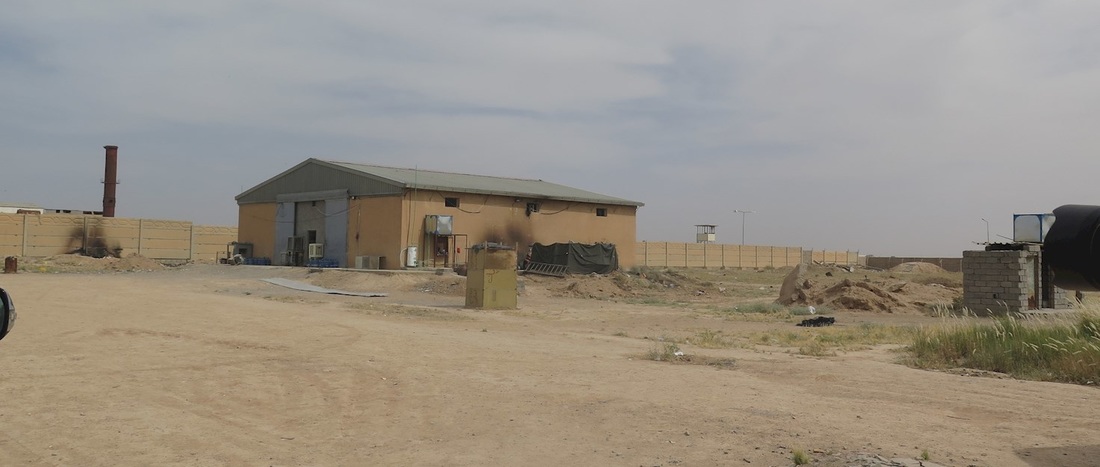
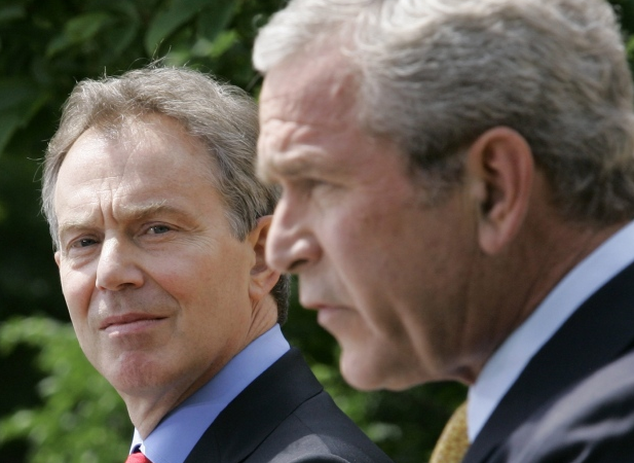


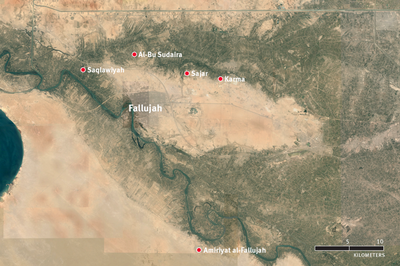
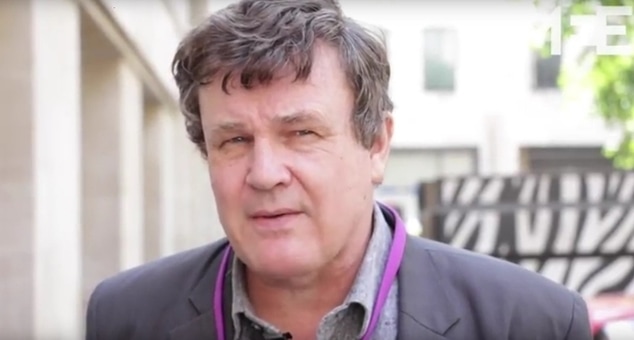
 RSS Feed
RSS Feed